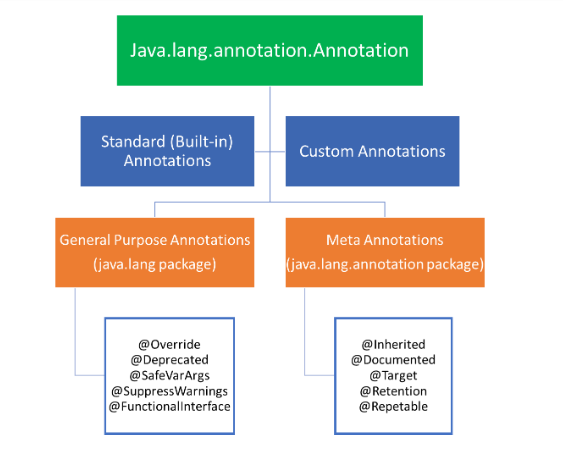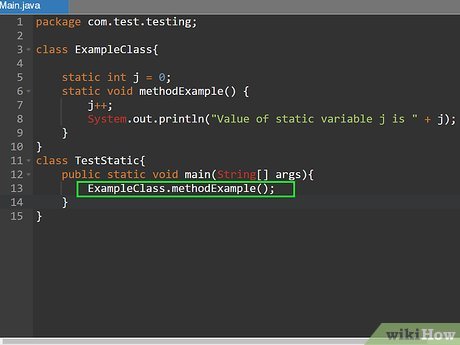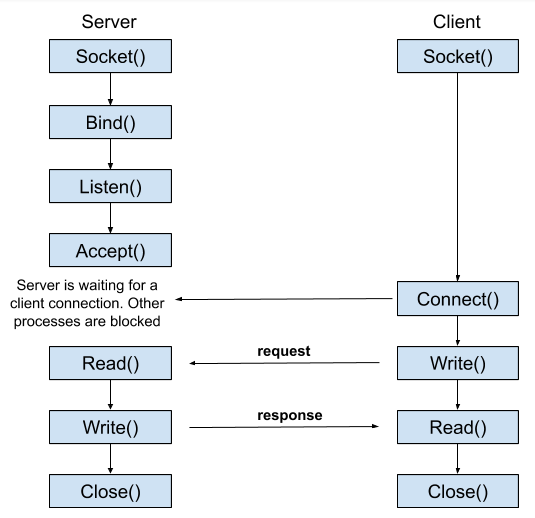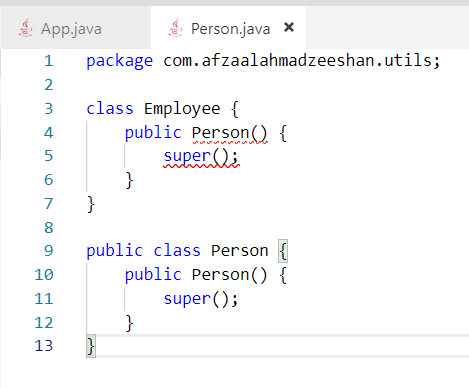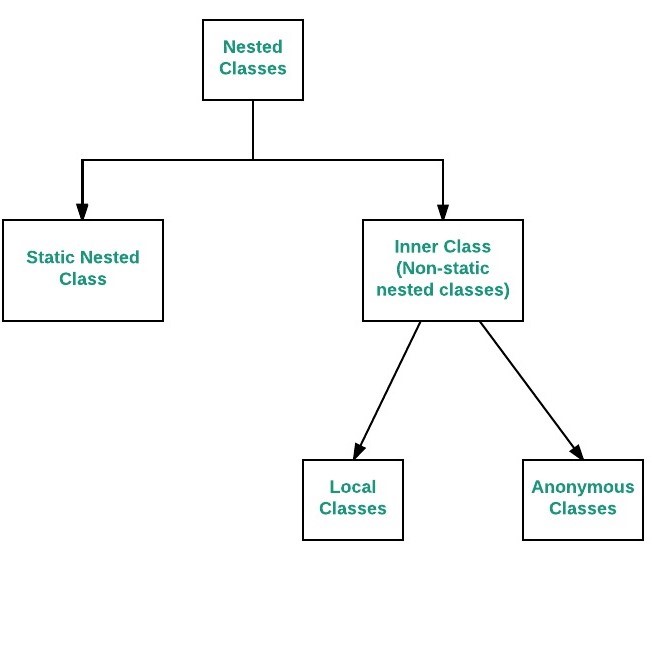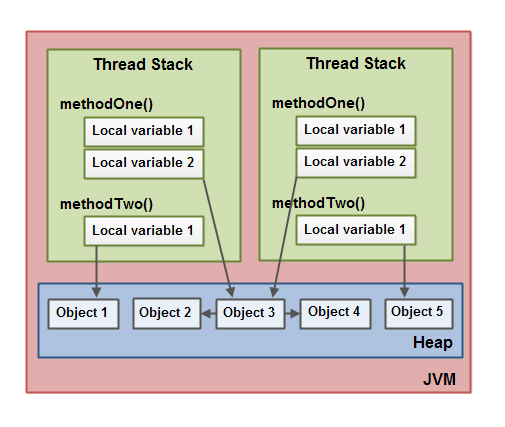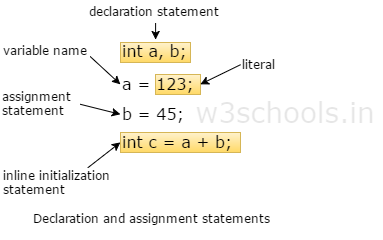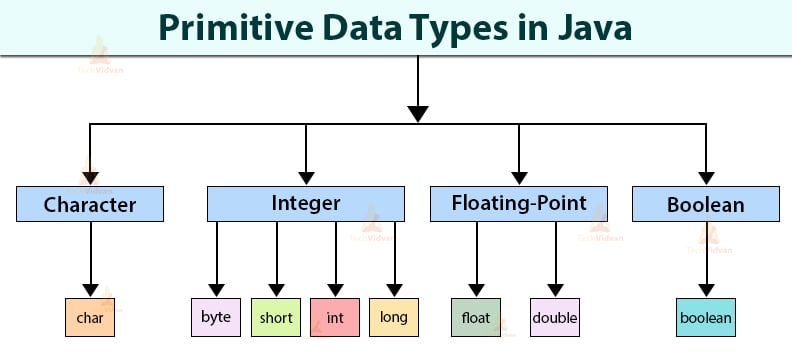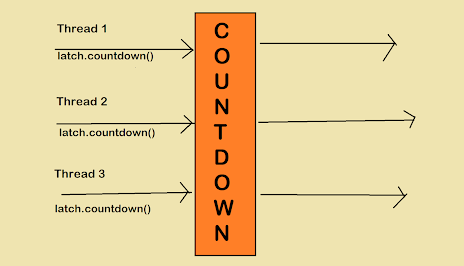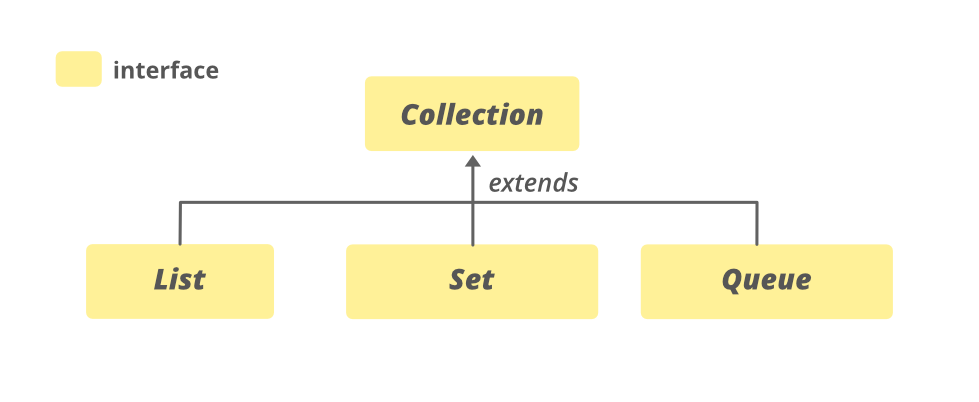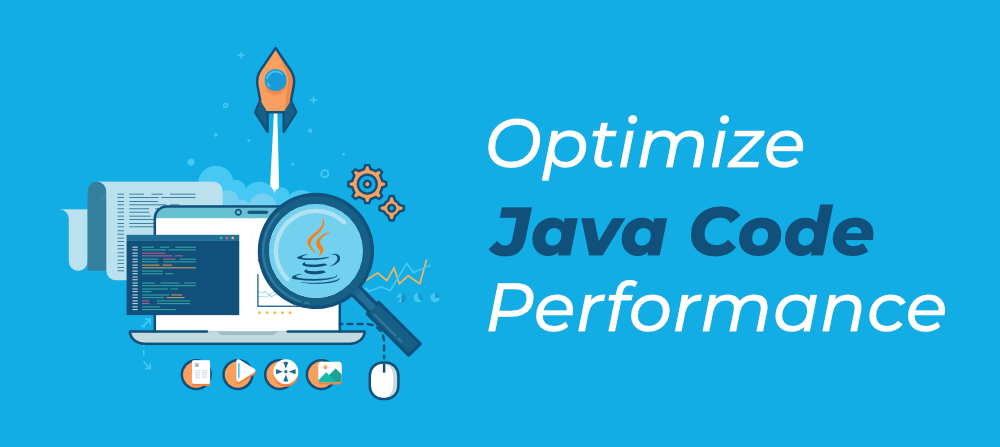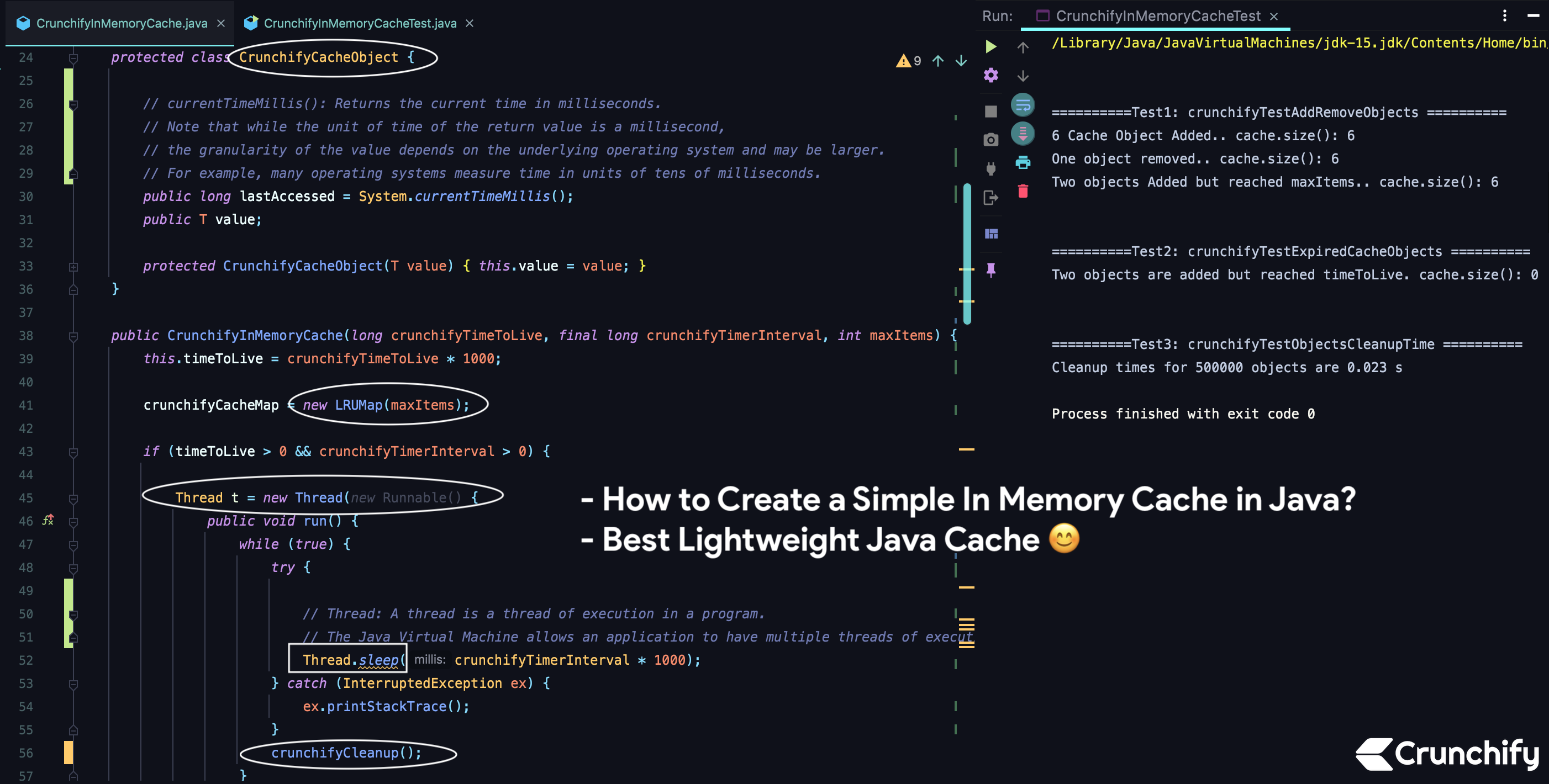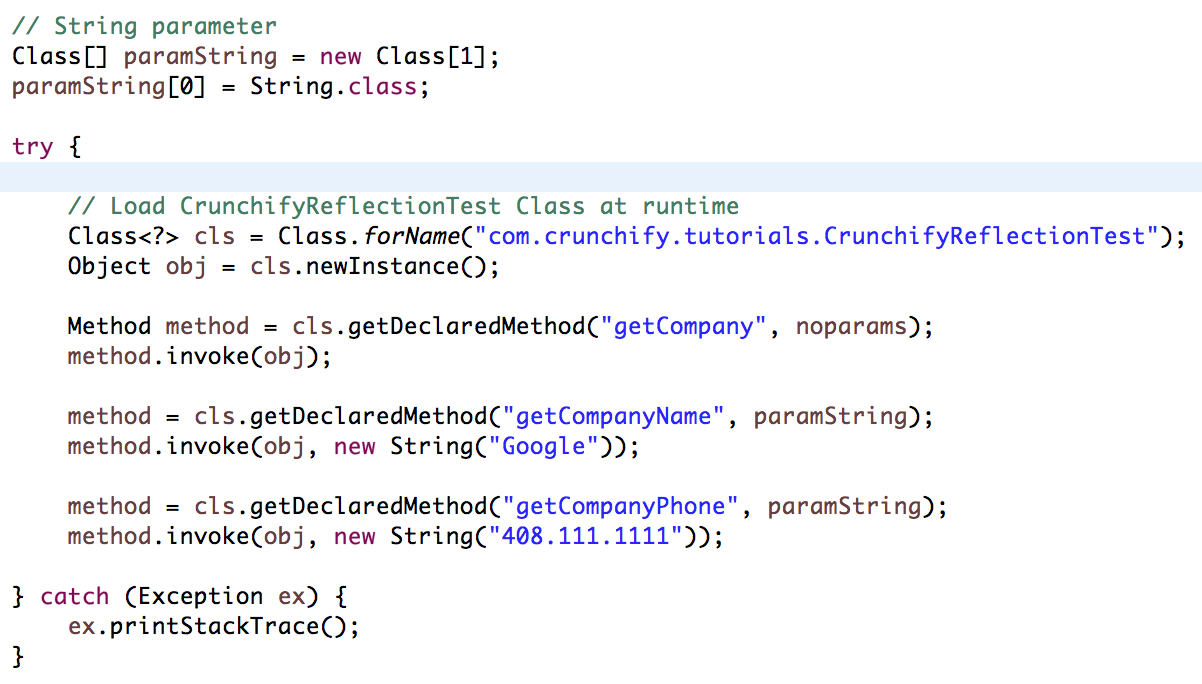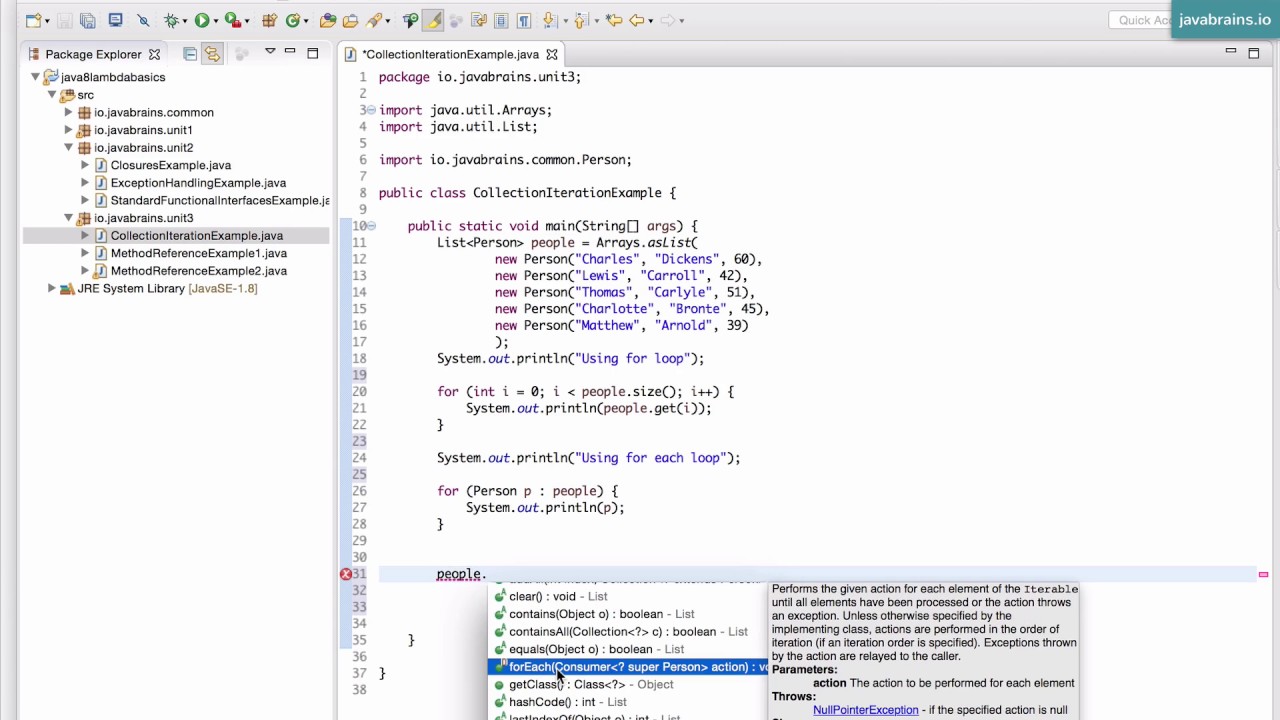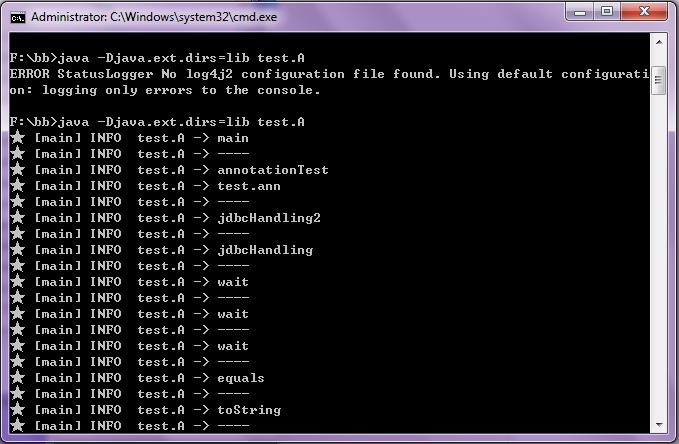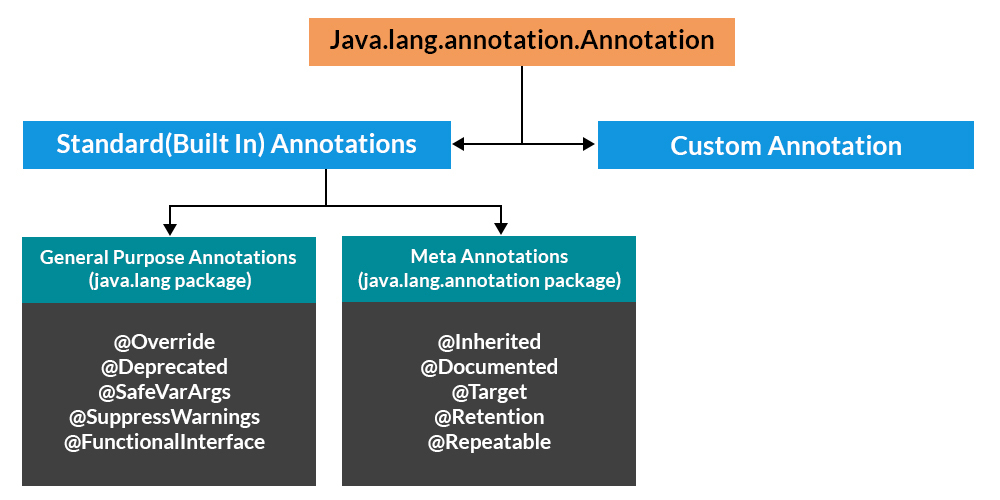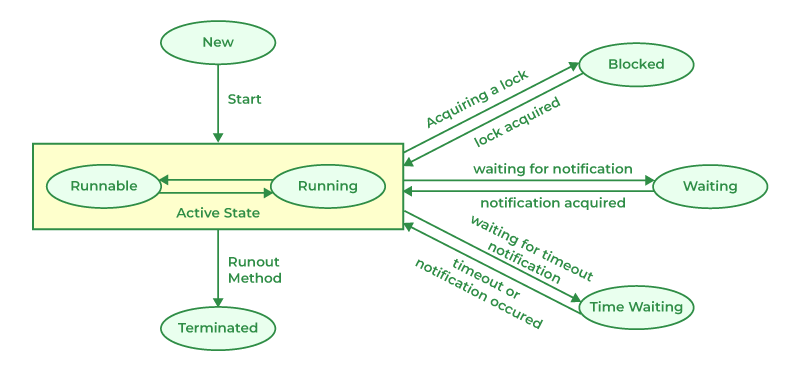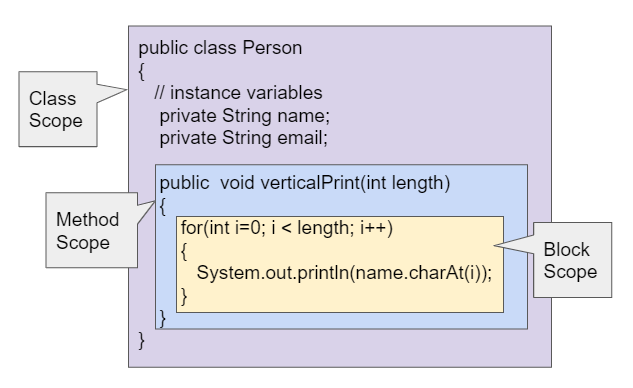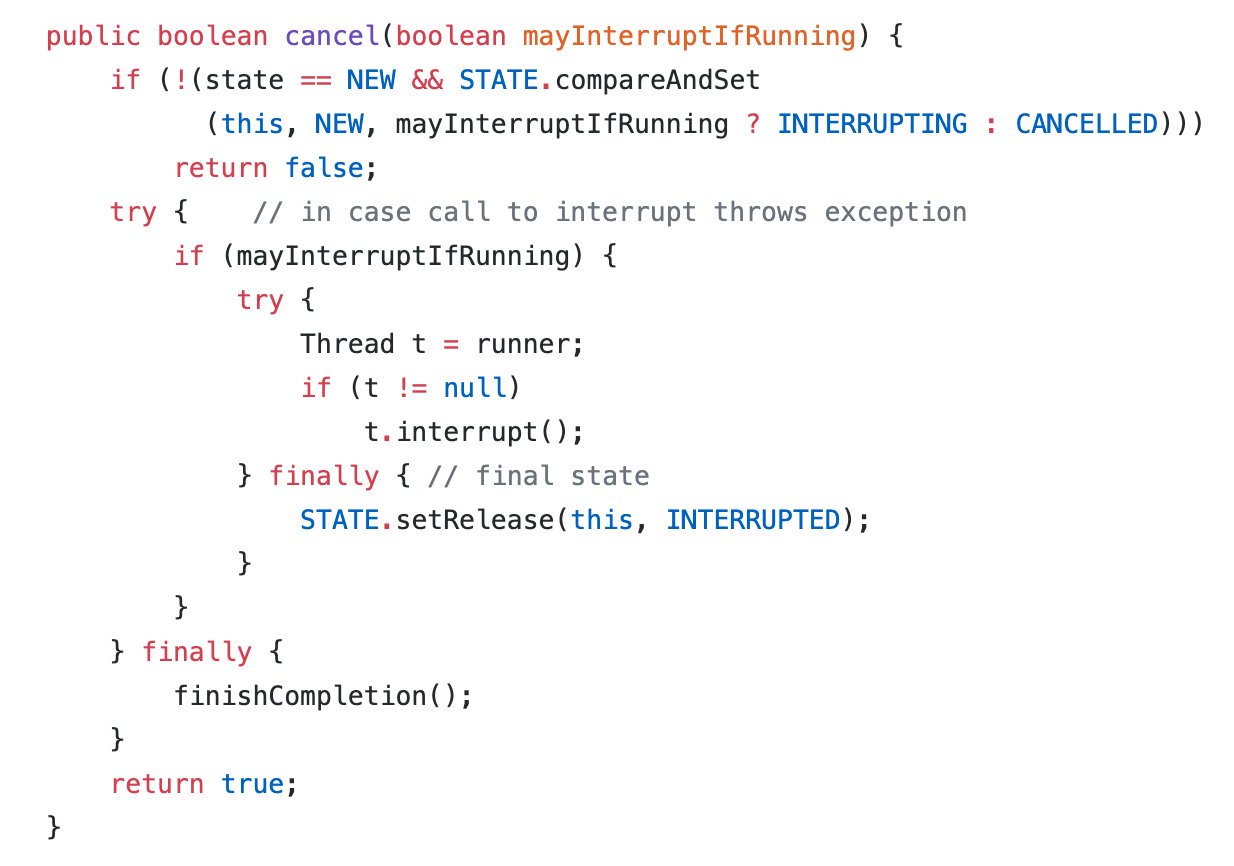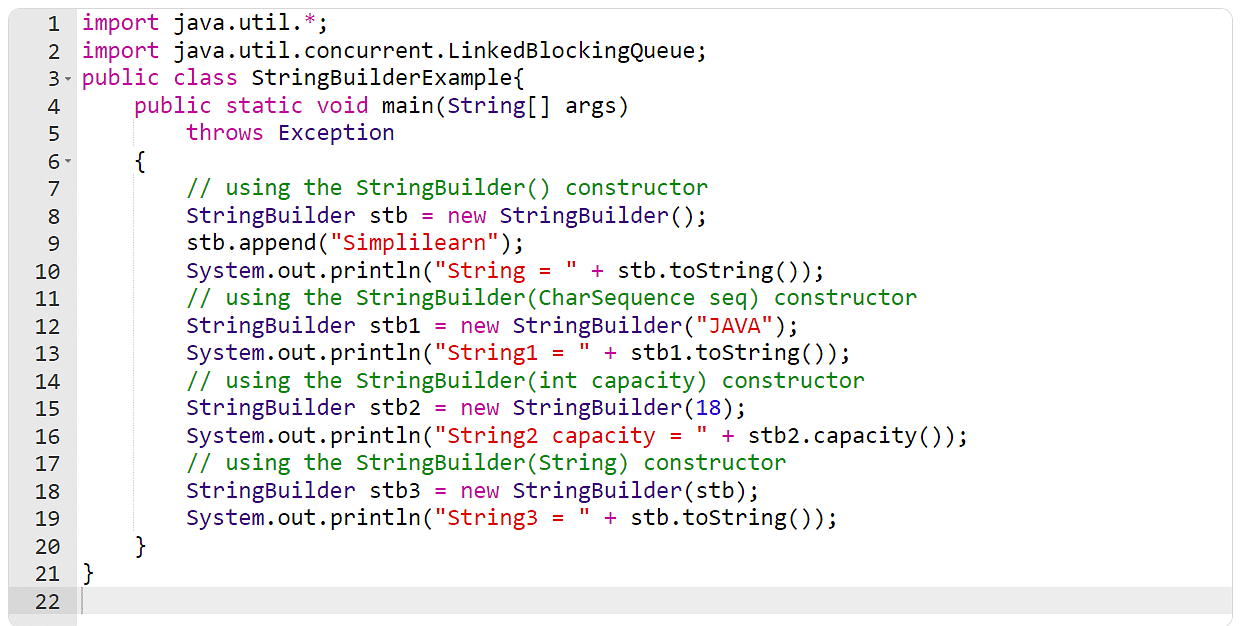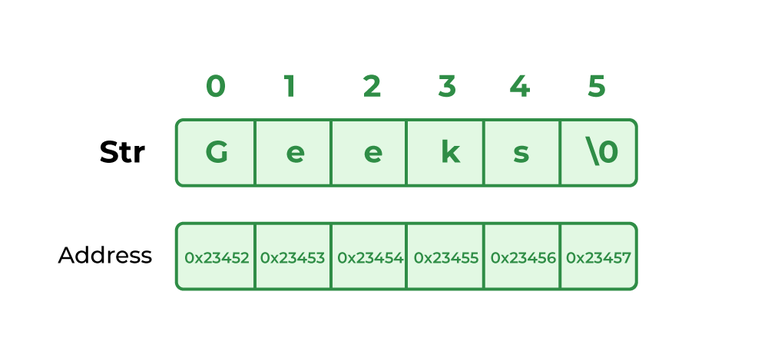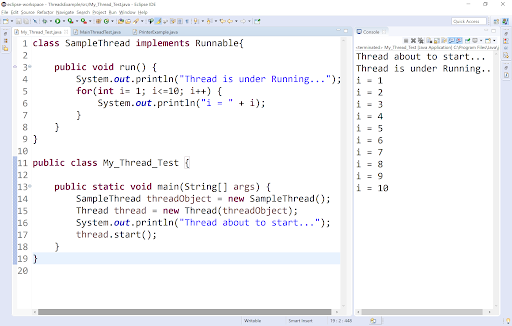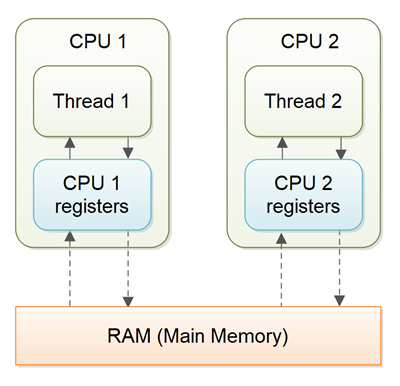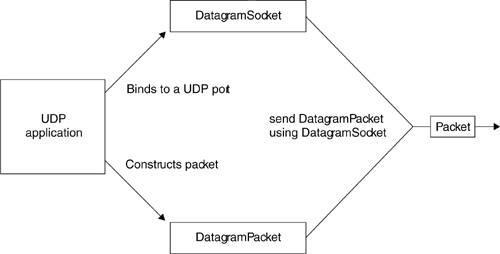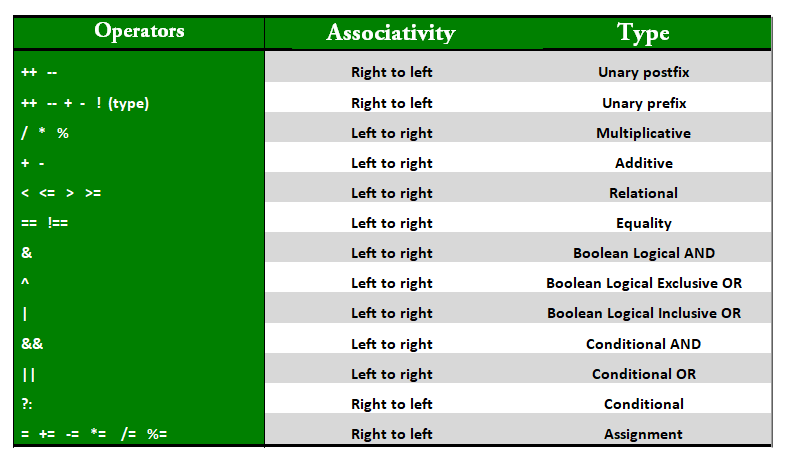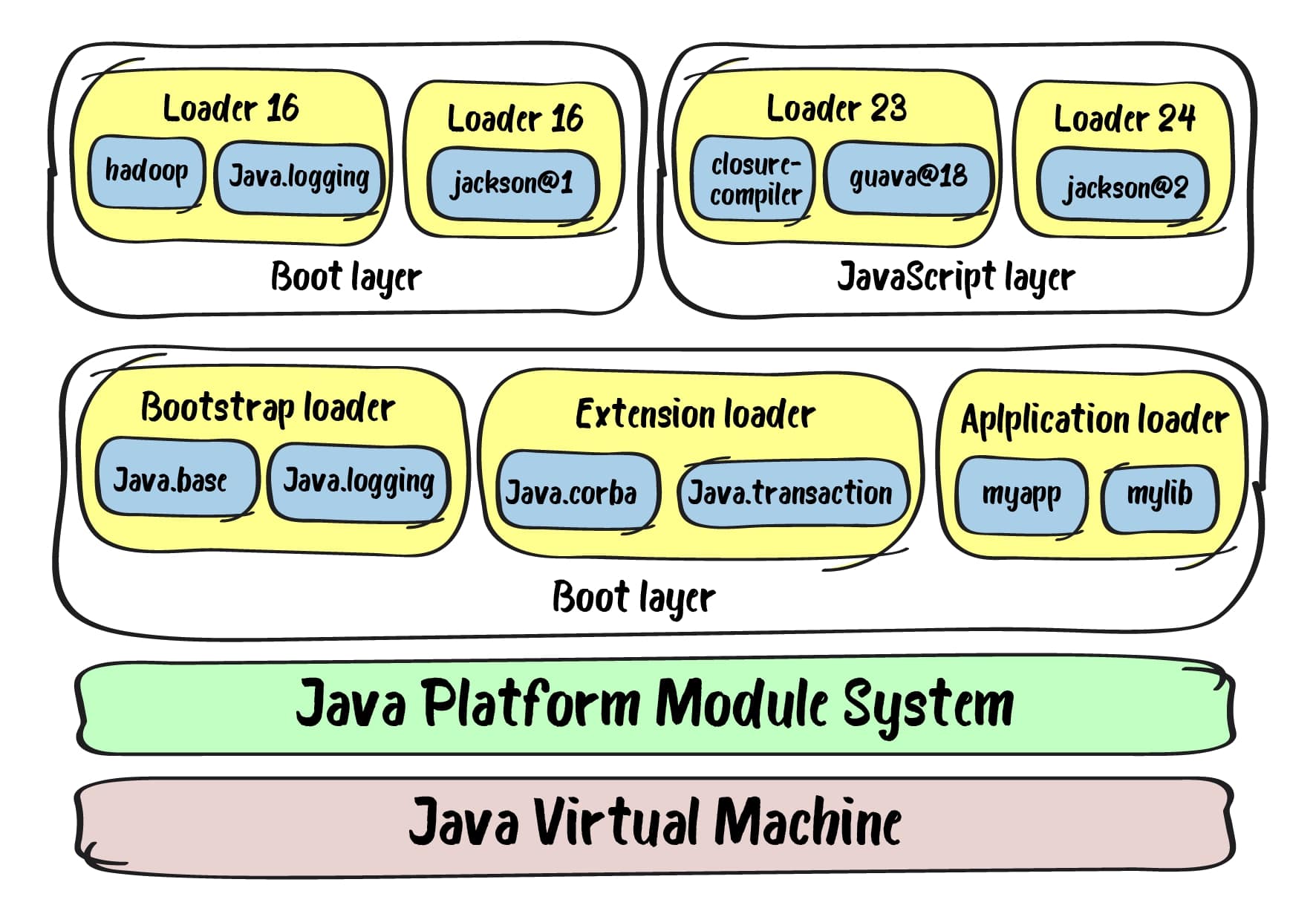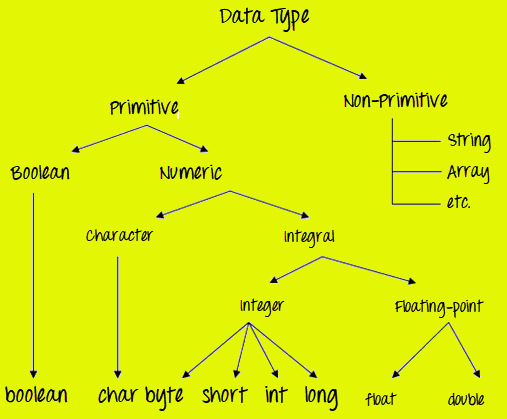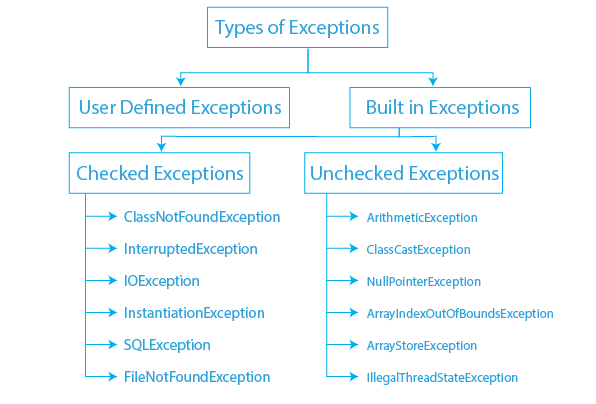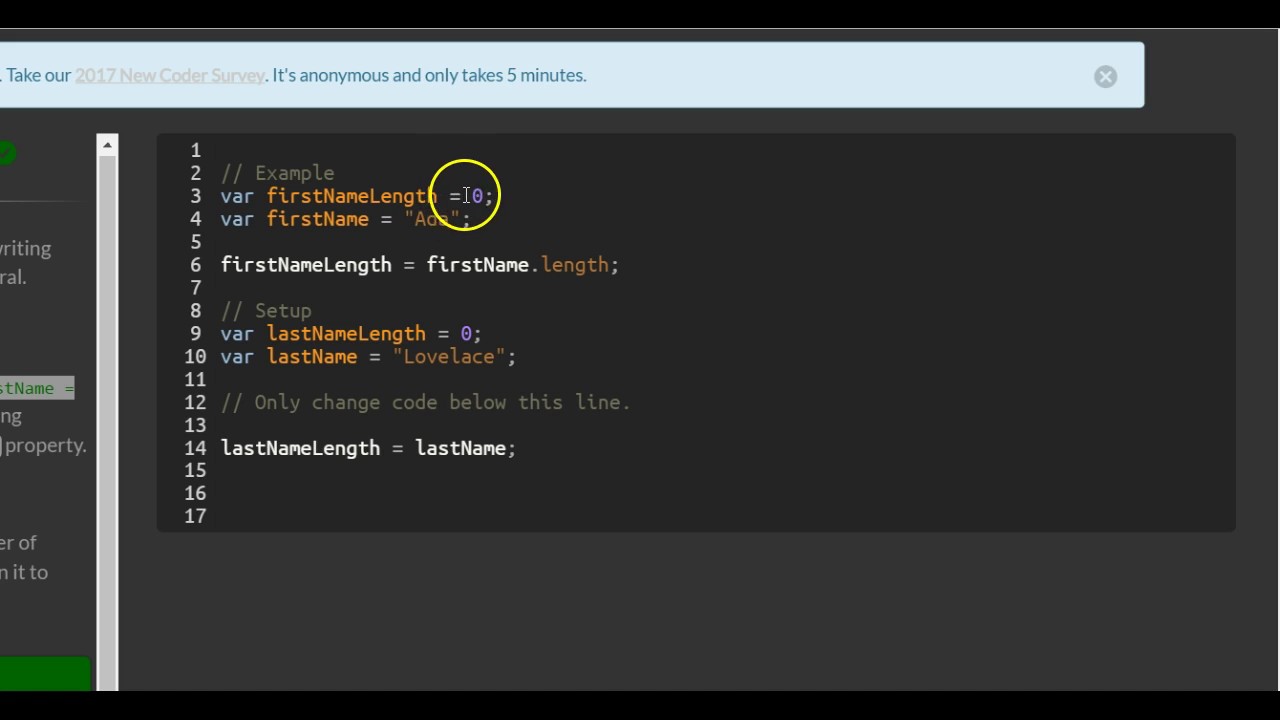atomic variables vs volatile in java
atomic variables vs volatile in java
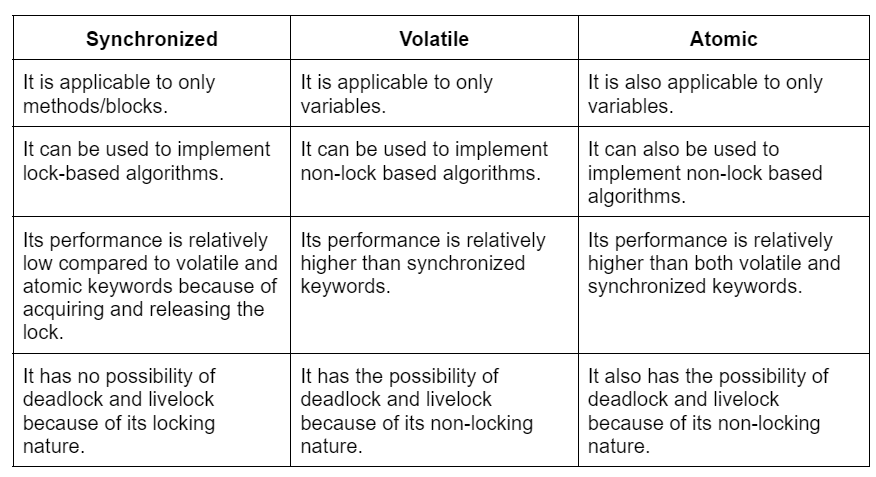
I'll respond in English as per your request.
Atomic variables and volatile are two distinct concepts in Java that help ensure thread-safety in multi-threaded programs. While they serve similar purposes, they operate differently and have different use cases.
Atomic Variables
Atomic variables are a way to perform operations on shared variables in a thread-safe manner. In Java, atomic variables are implemented using the AtomicXXX classes (e.g., AtomicInteger, AtomicLong, etc.) from the java.util.concurrent.atomic package.
When you update an atomic variable, the JVM ensures that the operation is executed atomically, meaning that it's treated as a single, indivisible unit. This prevents other threads from interfering with the update process or reading incomplete results.
Atomic variables offer several benefits:
Thread-safety: Atomic variables ensure that updates to shared state are thread-safe, preventing data corruption and inconsistencies. Improved performance: By minimizing the need for locks and synchronizations, atomic variables can improve program performance and responsiveness. Simplified code: Atomic variables abstract away low-level concurrency concerns, making it easier to write concurrent code.Volatile Variables
volatile is a keyword used to declare variables that are accessed by multiple threads. When a volatile variable changes, the JVM ensures that all threads see the updated value immediately, without requiring any additional synchronization mechanisms (like locks).
In Java, using volatile helps ensure that:
volatile, you guarantee that changes to that variable will be reflected in all threads soon enough. Avoid stale data: When multiple threads access the same volatile variable, they'll always see the latest value, preventing them from using stale or outdated information.
However, volatile variables have limitations:
volatile doesn't guarantee that updates are atomic; other threads might still interfere with the update process. Lack of synchronization: Without additional synchronization mechanisms (like locks), accessing and updating volatile variables can lead to data inconsistencies or race conditions.
Key differences
To summarize:
Atomic variables ensure thread-safety for updates by providing a single, indivisible unit of operation.Volatile variables primarily help ensure that changes are propagated quickly across threads, without guaranteeing atomicity or thread-safety.
When to use each?
Use atomic variables when you need to update shared state in a thread-safe manner (e.g., updating a counter). Usevolatile variables when you want to ensure that changes are propagated quickly across threads (e.g., updating a flag that triggers an event).
Remember, understanding the nuances of atomic variables and volatile variables is crucial for writing robust, thread-safe Java programs.
Java atomic variables list
I'm happy to help you with that! Here's a comprehensive list of atomic variables in Java:
Atomic variables are used to ensure thread-safety in multi-threaded programs. They provide a way to update shared variables without using locks, which can improve performance and reduce the risk of deadlocks.
Here is a list of atomic variables provided by the java.lang package in Java:
These atomic variables provide methods for updating their values, such as:
get() : returns the current value of the atomic variable compareAndSet(int expect, int update) : sets the value if it matches the expected value set(int newValue) : sets the value without checking if it's changed incrementAndGet() : increments the value by 1 and returns the new value decrementAndGet() : decrements the value by 1 and returns the new value
Atomic variables are useful in scenarios where multiple threads need to access a shared variable, such as:
Updating a counter without using locks Managing a queue of items without conflicts Synchronizing data updates across multiple threadsBy using atomic variables, you can ensure that your multi-threaded program is thread-safe and efficient.
I hope this helps! Let me know if you have any further questions.
